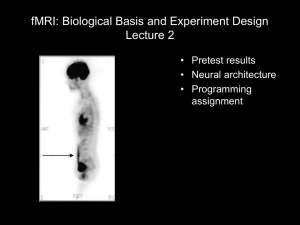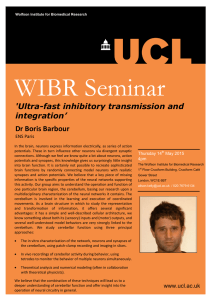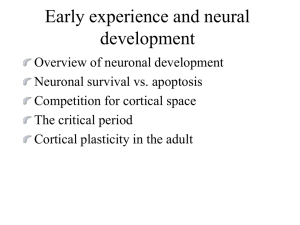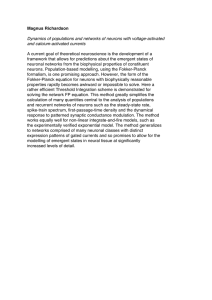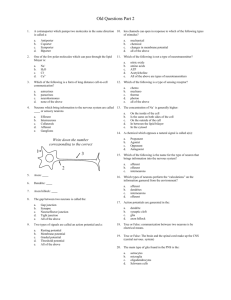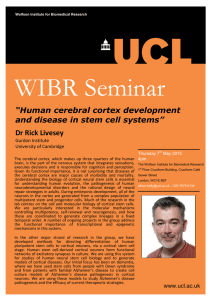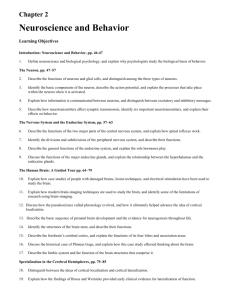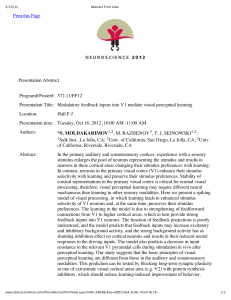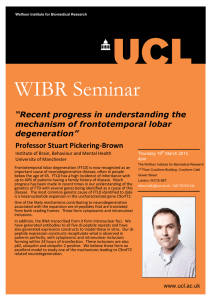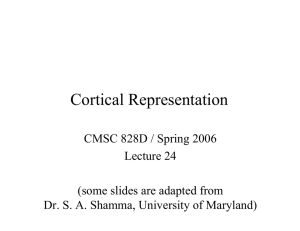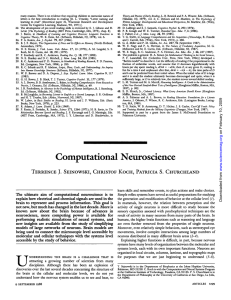WIBR Seminar “Molecular regulation of cortical interneuron diversity and plasticity”
advertisement
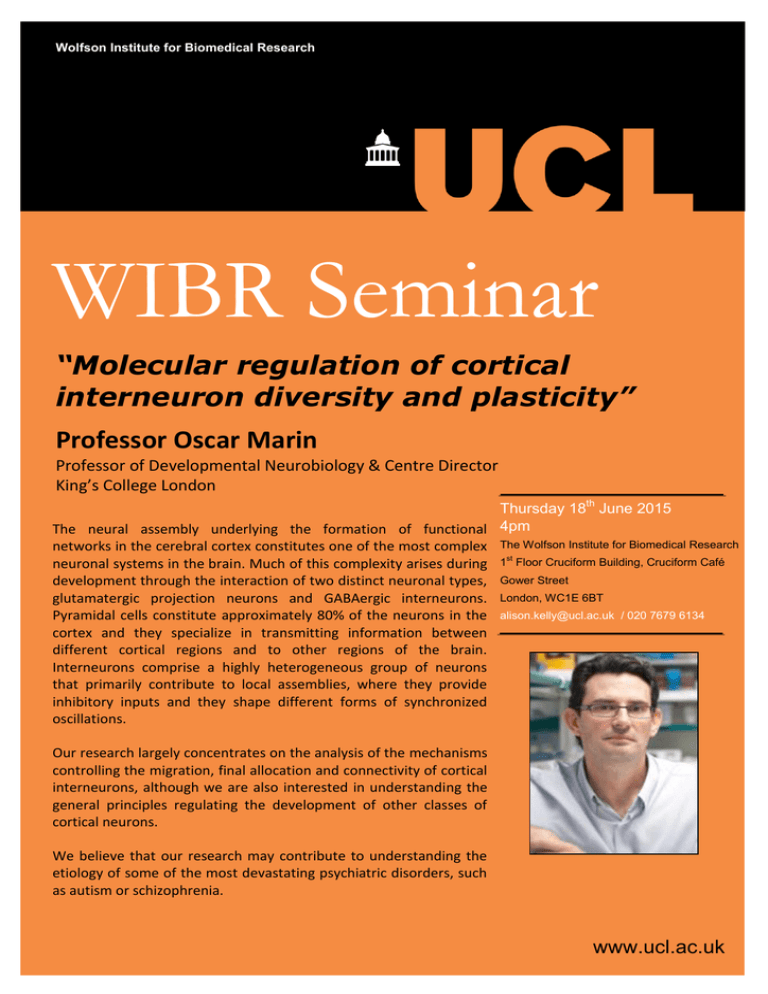
Wolfson Institute for Biomedical Research WIBR Seminar “Molecular regulation of cortical interneuron diversity and plasticity” Professor Oscar Marin Professor of Developmental Neurobiology & Centre Director King’s College London Thursday 18th June 2015 The neural assembly underlying the formation of functional 4pm networks in the cerebral cortex constitutes one of the most complex The Wolfson Institute for Biomedical Research st neuronal systems in the brain. Much of this complexity arises during 1 Floor Cruciform Building, Cruciform Café development through the interaction of two distinct neuronal types, Gower Street glutamatergic projection neurons and GABAergic interneurons. London, WC1E 6BT Pyramidal cells constitute approximately 80% of the neurons in the alison.kelly@ucl.ac.uk / 020 7679 6134 cortex and they specialize in transmitting information between different cortical regions and to other regions of the brain. Interneurons comprise a highly heterogeneous group of neurons that primarily contribute to local assemblies, where they provide inhibitory inputs and they shape different forms of synchronized oscillations. Our research largely concentrates on the analysis of the mechanisms controlling the migration, final allocation and connectivity of cortical interneurons, although we are also interested in understanding the general principles regulating the development of other classes of cortical neurons. We believe that our research may contribute to understanding the etiology of some of the most devastating psychiatric disorders, such as autism or schizophrenia. www.ucl.ac.uk

